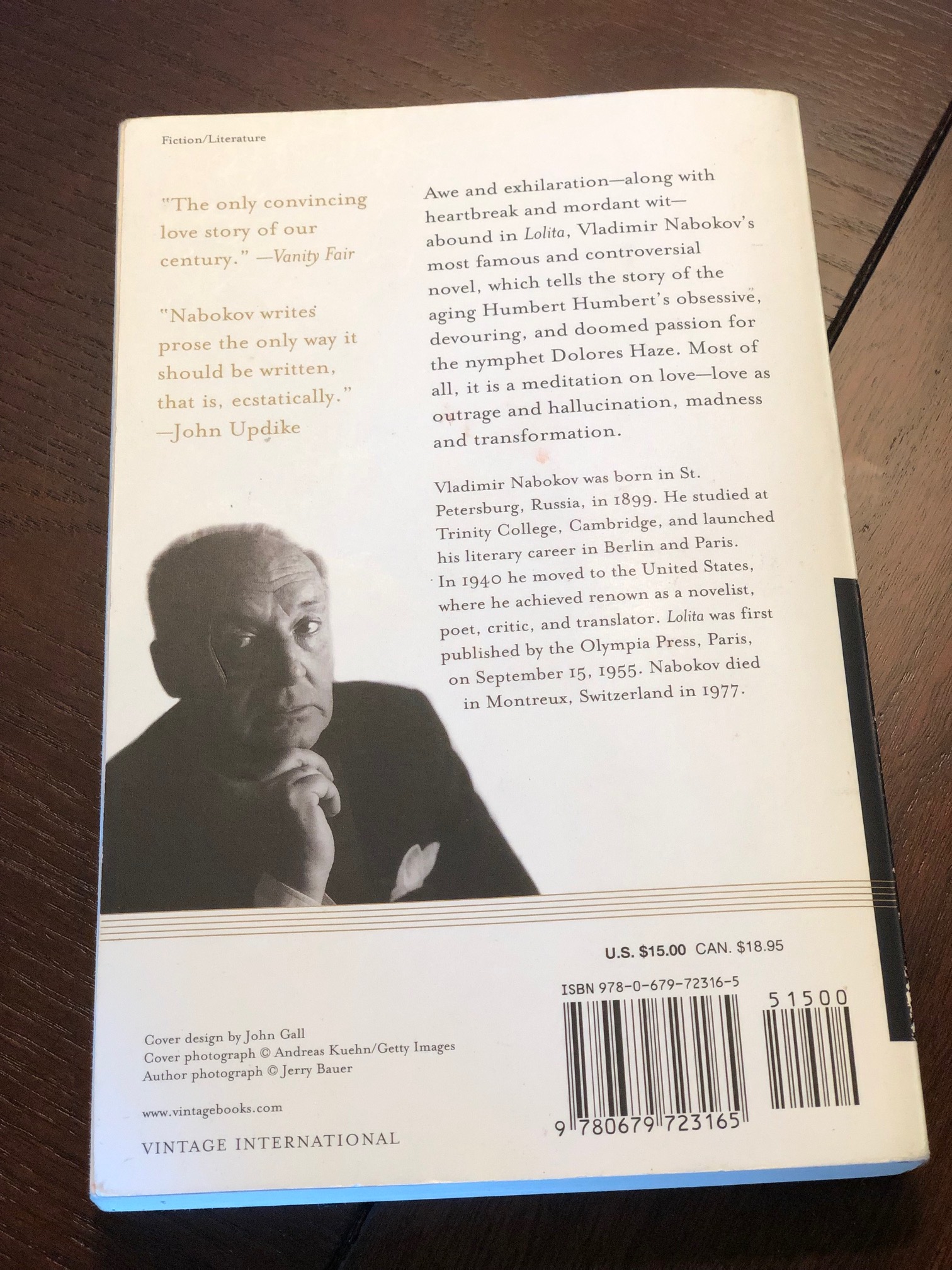
NOTES FROM THE WORKING-CLASS: Young Flesh
I remember being 16 and needing no other beauty accoutrement than a dab of gloss on my lips. I also remember creepy old men stalking me because I was young, pretty and wearing a high school uniform. Filthy old fools. They were everywhere: in the subway, in alleys, standing by bus stops or on the street in front of hotels as fancy as the Pierre and museums as old as the MET.
One old man, a literary author, who is still alive but barely, made his entreaties known to me at the popular Upper East Side celebrity eatery Elaine’s. Even back then he was balding and had bad teeth. They were buck, mind you, and looked grey, black and rotten. He told me he would groom me to be a famous writer, but he had other things on his mind, nefarious intentions, and when he didn’t get his way with me, he told me off. “Your poetry’s lousy,” he said. Then he came to prefer my friend who was Hispanic, a dancer. Her breasts were smaller than mine. A nymphet.
There are few women among us who have not had the experience of old men pandering about in need of young flesh. Some of these men might be no older than 30. But to a girl-woman of 16 a man of 30 is old. A man of 40 is older, and a man of 50 is older still. A man older than 50 has sour breath and a wrinkly neck.
What is it about young flesh that makes some older men go wild? Sometimes I give them my permission to use biology as an excuse; it is their need to procreate and spread their seed that makes them attracted to young women the same way divining rods seek water. Biology decrees a greater likelihood of healthy offspring if the mother is in possession of young eggs. A plausible theory if only it were true. Old men are no more interested in procreation than they are fond of growing old.
These old men dive down in between the thighs of young flesh to drink elixir as if it was magical, the fountain of youth.
Any girl of 16 would not consider having sex with an old man unless he gave her plenty of money. And herein lies the problem. Old men have to pay for young flesh. They prey on working-class girls. And I don’t mean working girls. They prey on girls from the lower-classes. Girls who come from rough circumstances are a little mixed-up and need money. Who cares if his passion is perverse? He has enough money to go around to make him a carnival attraction in popular culture and in the media.
 Vladimir Nabokov wrote Lolita before I was born. The novel tracks, in sickeningly sweet, florid prose, the lewd obsession of a middle-aged man for a tween girl. The man Humbert Humbert is sick, a pervert who victimizes a girl-woman. Through an odd sequence of events he causes the girl to become orphaned and becomes her step-father. Hardly a protector, he loves the girl to death. The book is often cited as one of the greatest literary masterpieces of the Twentieth Century. “The only convincing love story of our century,” said Vanity Fair Magazine.
Vladimir Nabokov wrote Lolita before I was born. The novel tracks, in sickeningly sweet, florid prose, the lewd obsession of a middle-aged man for a tween girl. The man Humbert Humbert is sick, a pervert who victimizes a girl-woman. Through an odd sequence of events he causes the girl to become orphaned and becomes her step-father. Hardly a protector, he loves the girl to death. The book is often cited as one of the greatest literary masterpieces of the Twentieth Century. “The only convincing love story of our century,” said Vanity Fair Magazine.
If Lolita is about love, then I do not know what love is.
I do know about old men who lust after young flesh. When these old geezers spot pretty young flesh, they tend to breathe too hard, gasping as if they are running from death’s door. I do know that when a creepy old man touched my young flesh, even just to pat the top of my hand I was not made whole. In my book, So Not Yonkers, the heroine endures the unpleasant entreaties of rich old men. But she is no victim. As a girl-woman did I experience these things? Is it true?
Writers might artfully craft their own experiences from real life to become larger, bolder, more dramatic, more poignant, more imaginative, (sometimes more understated too), and, ultimately, more meaningful than what actually happened. A writer’s pursuit to allow the truth to shine in fiction is often a lonely quest. This is why the essence of good storytelling requires that a writer must have a certain courage. In every great work of fiction, a writer must be unafraid to allow the truth to shine.
If my fiction has roots in reality, then what about Lolita? Why is this book still being touted as one of the greatest works of the Twentieth Century? Perhaps Lolita was and is only a top pick among Jeffrey Epstein and his ilk.
##
Patricia Vaccarino has written award-winning film scripts, press materials, content, books, essays and articles. Some of her essays and articles can be found in her press kit on PR for People. She prefers to write literary fiction as evidenced by her Yonkers series. The Heart of Yonkers is a sequel to YONKERS Yonkers!: A story of race and redemption. Book Three in the Yonkers series, So Not Yonkers, is in development. She has an audience of 40,000+ followers on social media. She divides her time between homes in downtown Seattle and the north coast of Oregon.










